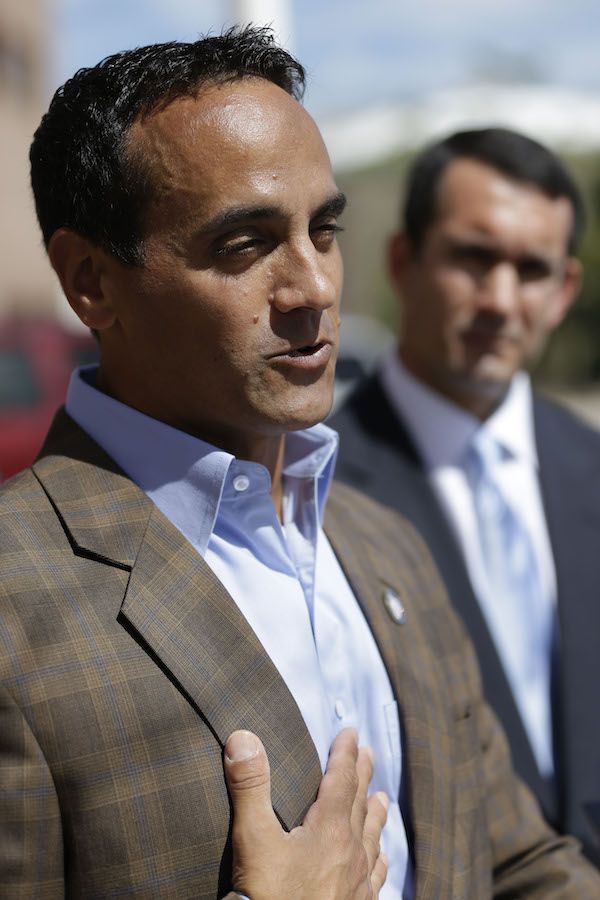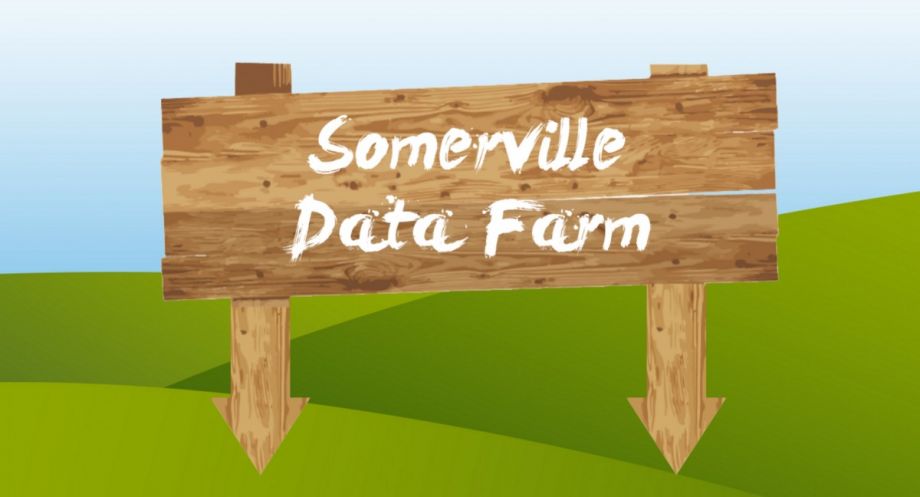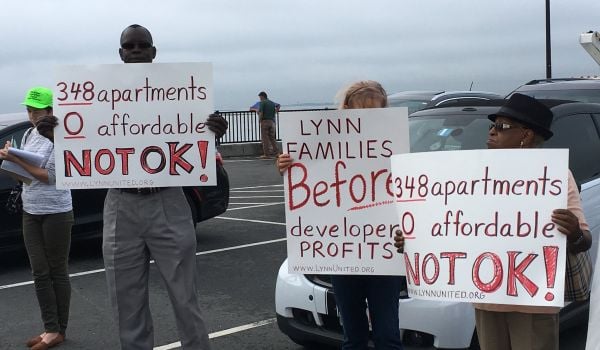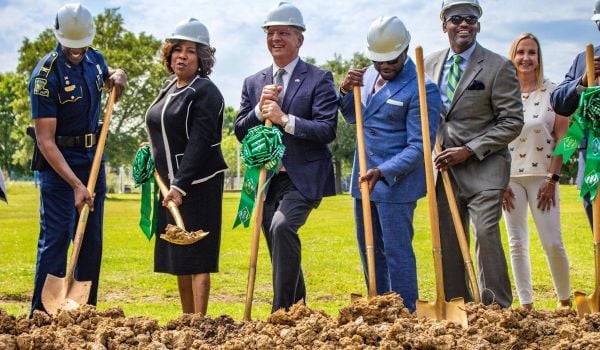On a recent Friday morning, after gathering his coffee and newspaper, Joseph Curtatone turned his attention to the emerald ash borer, a metallic green beetle that feasts on ash trees. But the mayor of Somerville, Massachusetts, wasn’t meeting with a parks department rep. Instead, he was standing in his office, looking at a television affixed to the wall. He noticed more residents were placing 311 calls that day regarding tree trimming in their neighborhoods.
Somerville is home to about 1,000 ash trees. Currently about 120 of those trees are infested with the beetle pest. To ensure the infestation doesn’t spread, the small city outside of Boston is cutting down the trees that are currently teeming with ash borers. But cutting down trees raises some questions — questions Curtatone has tried to predict, and answer, using tools of the technocracy.
“It’s a sensitive issue to take down a tree. So we’ve used data to explain to the public the logic in why these trees have to come down,” he says. “But we’ve also used it to answer questions about how they come down and when they come down.”
Since entering office in 2004, Curtatone has sought to bring the ways of open data to bear on the administration of the city, starting with the SomerStat office, which has an in-house team of five and an annual budget of about $415,000 a year. Much of the work the office has done to release city data to the public is now visible on an online “data farm,” introduced in June, that holds Somerville’s open data portal, 311 call information and a budget visualization tool.
City offices that build data into the daily workings of municipal government are nothing new. But where Somerville seems to be onto something is in the way its data now greets the man in charge every morning: through a daily data dashboard that updates in real time, bringing the most crucial and up-to-date information to Curtatone, accessible from a screen in his office, command-center style, or from his two mobile phones (an iPhone for the city, and a personal Samsung).
“We had our hands on this data, but it was hard to get this information to the mayor in a daily digestible format,” says Skye Stewart, the director of SomerStat who joined the office in 2011 as a data analyst.
The solution was to wrap all the data inside a daily dashboard that automatically updates according to algorithms that Somerville’s open data team wrote. Today what Curtatone sees is real-time information on significant 311 calls, incidents of crime, the number of permits and licenses being issued, and the work orders that city departments are generating and completing in response to 311 calls. Most of the information comes in graphic form, but 311 calls, permits data and public safety data is all plotted on a map of the city. What’s more, the dashboard available to Curtatone is the same that’s available to anyone else in the city, and the code that assembled it was made open source by the SomerStat office.
“Initially the dashboard was this static dashboard. We were trying to take demographic and economic and happiness survey data and show, year over year, trends in public safety or trends in economic or population data,” Stewart says.

Somerville Mayor Joe Curtatone (AP Photo/Matt Rourke)
“When I started, we were pretty much just using Excel spreadsheets or just paper-based reports and trying to improve data collection and reporting within in departments,” she says.
In other words, having data is one thing, but using it to actually implement new policies or change how departments function is another. Somerville has managed to do both since it has started automating data. For instance, when the city took a look at its data on how much money was being collected from tickets issued to parked cars on street cleaning days, it realized that if it doubled the amount per ticket, fewer cars would remain parked on the road, which meant cleaner streets. Residents voiced some initial concerns about the doubling, but city data showed that ticket revenues actually leveled off — and the streets got cleaned.
It’s that same sort of approach Somerville is now taking with its emerald ash borer and the city’s population of ash trees.
For Curtatone, the point of having all of this data at his fingertips goes back to his days as a city alderman in the early 2000s.
“The city did not have a capacity for analytics or looked at any data on a real-time basis,” he says. “We couldn’t manage our way to success because we weren’t measuring anything.”











